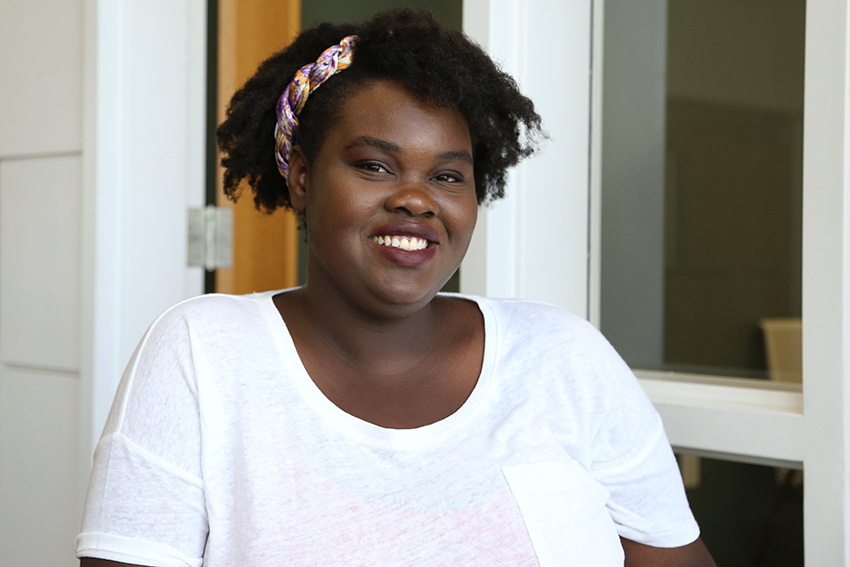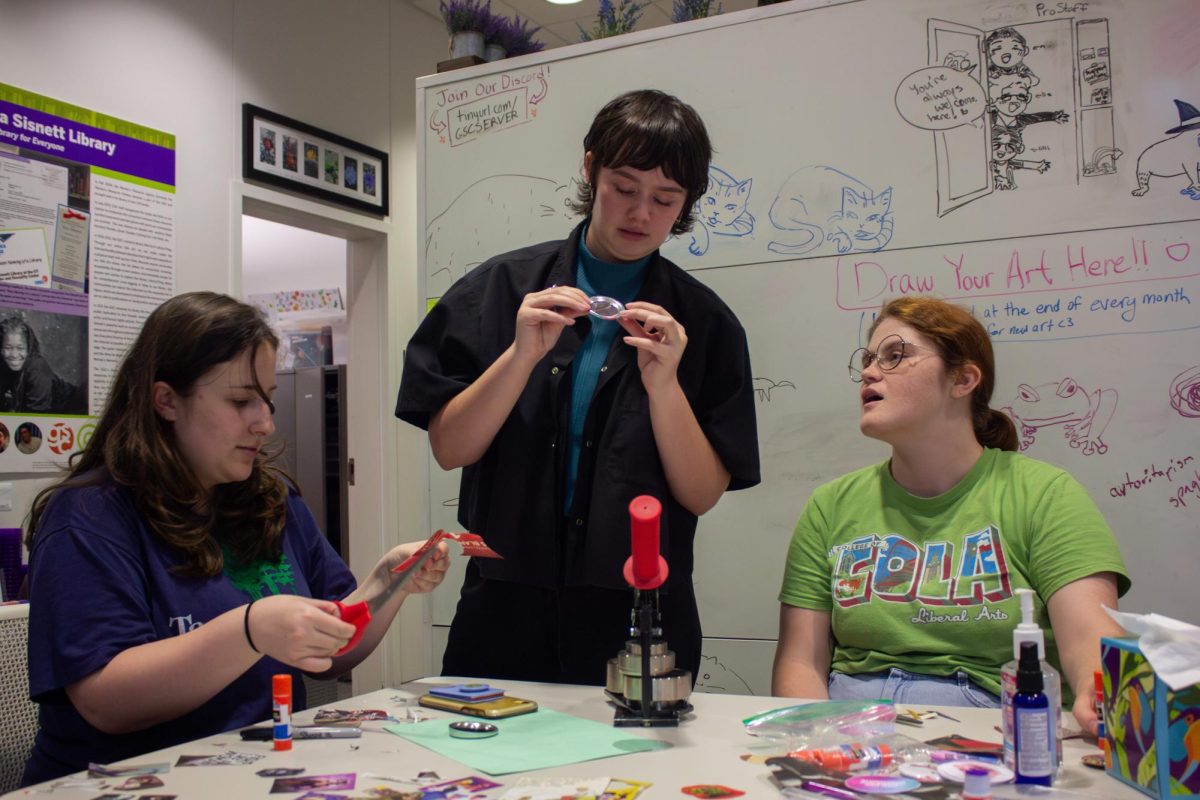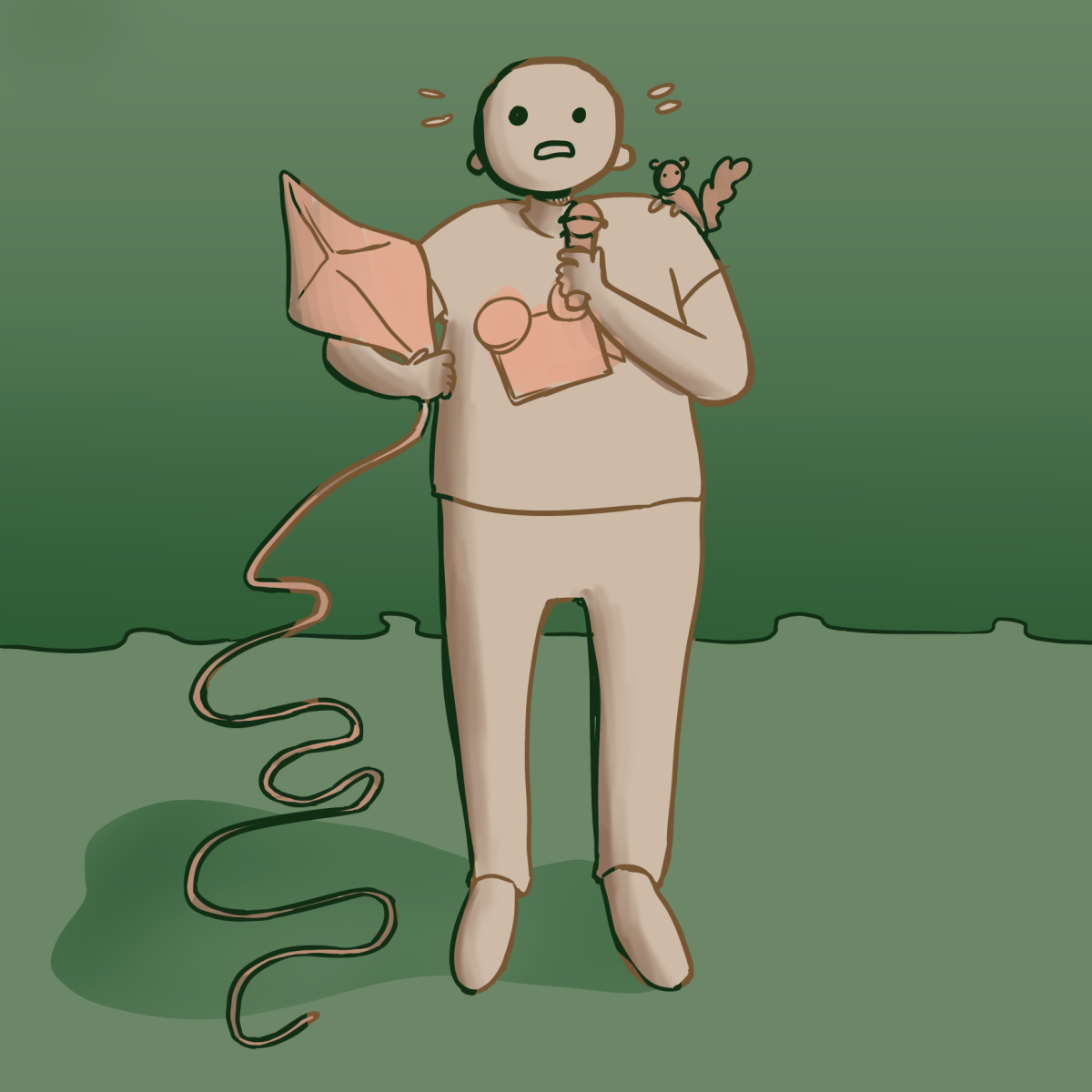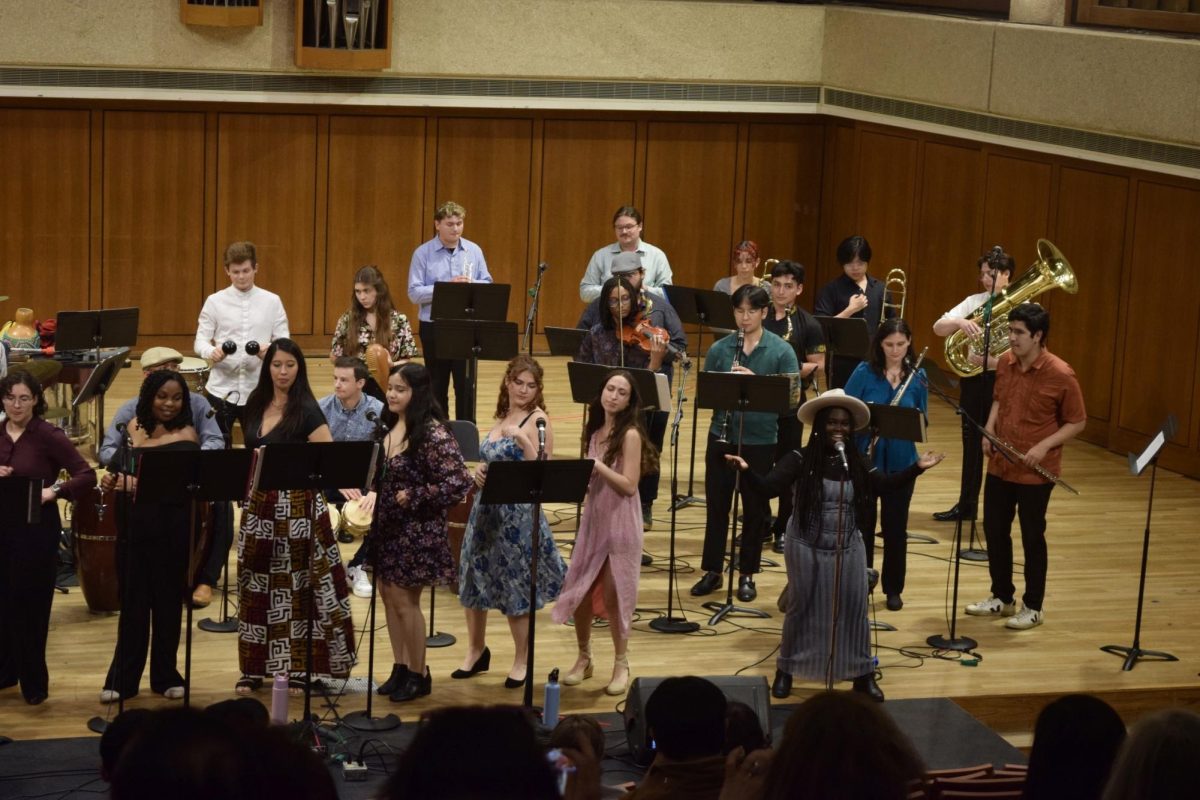Plagued with symptoms of depression and anxiety, psychology junior Bunmi Akindonna struggled to adjust to school. Oftentimes, she found herself skipping class because she was too depressed to leave her room.
“It was hard. I tried finding some black groups to be a part of, but I didn’t feel black enough,” Akindonna said. “It was this weird disconnect. When I would hang around white people, I would try really hard not to be stereotyped so much so that I even watched the way I talked.”
As one of many students who faces the issues of intersectionality, the nature of falling under multiple social groups that are discriminated against, Akindonna found herself struggling to fit in as a minority on campus.
Due to the stigmas and stereotypes she faces, she said she finds her identity divided by societal and familial expectations based on her race and gender. She also has to balance these factors with her mental illness.
Akindonna said that particularly in black and African culture, mental illness is not recognized because of the stigma attached to it. She wants people to know that mental illness is not just a “white people” thing.
“In Nigerian culture we don’t recognize mental health, especially if you are Christian. There’s this idea that being sad is the work of the devil and you should pray it away,” Akindonna said. “I think when you’re dealing with depression, it’s not [that] easy to get over it.”
Coming from predominantly black schools, Akindonna felt pressured to fit stereotypes in her new environment. Burdened by this assigned identity, she wanted to express her individuality, instead of just being someone’s “token black friend.”
“I’ve had people tell me that I’m their token black person, and it hurt. It stripped me of my personality and it marginalized me,” Akindonna said. “I felt like a quota, but I [feel like] I can’t be friends with black people because I felt like I had to be a certain way.”
Katy Redd, assistant director for prevention and outreach at the Counseling and Mental Health Center, said there are resources available for those who feel they are part of a marginalized group.
“We want our students to communicate with us,” Redd said. “We want them to reach out so that we can decrease the stigma.”
On Tuesday, a panel was held on campus that discussed intersectionality and mental health awareness. Carlos Campos. a government and Middle Eastern studies junior who spoke on the panel, said it was important for students to take factors such as race and gender into account when considering mental health.
“Students need to talk about this. Minorities are expected to uphold their cultural background, and in some cases that includes the stigma,” Campos said. “It was also interesting to hear about societal expectations for women — there was this idea discussed that you don’t air your dirty laundry.”
Akindonna said she also faces certain expectations because she is a woman.
“It’s hard because I feel like I have to prove myself not only as a black person but because I’m a woman,” Akindonna said. “People would tell me I only got here because I’m a black woman, and I used to believe them.”
But now, she’s proved them wrong.
“I don’t listen to those people anymore — they are jealous,” she said. “I’m not going to feel any different because of my race. They chose me. I deserve to be here.”
Inspired by her experience as an undergraduate, Akindonna wants to reform policies surrounding criminal justice, particularly those surrounding mental illness in prison.
“It took me two years to get a grasp on things,” Akindonna said. “But now I finally feel like in the place where I can be comfortable here. I’m in a place where I can succeed.”





















